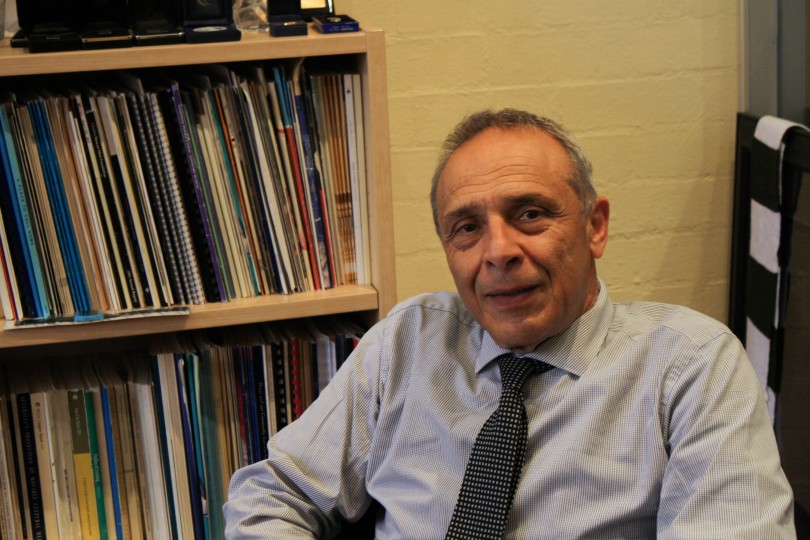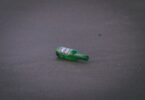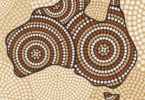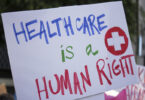For some, the word ‘jihad’ conjures up images of fighters in Syria and terrorists. But, its actual meaning is ‘a struggle to better one’s self’, according to Australian Multicultural Foundation executive director Hass Dellal.
“The word ‘jihad’ has lost all its meaning. My jihad today could be helping a little old lady across the street so she can get her shopping, for example,” he says.
Dellal has spent nearly all of his working life building a multicultural Australia. He helped found the Australian Multicultural Foundation, which runs initiatives and programs helping migrants in Australia to become an integral part of the diverse and colourful fabric of the country.
“Our role is to promote a strong commitment to Australia as one people drawn from many cultures,” he says.
A multicultural biography
In 1948, Dellal’s parents immigrated to Australia from Cyprus, where his great-grandfather was the last Ottoman mufti, the state-appointed Muslim religious leader. The mufti was charged with representing Ottoman interests on the religiously and culturally diverse island.
“He was quite the diplomat, from what I understand,” Dellal says.
Dellal grew up in Australia and started his career teaching music and drama, and then moved on to adult education. He was then asked to work with the government as a consultant to develop policy in the area of multiculturalism. “And, as one thing leads to another in life, I was asked to help setting up this foundation.”
Dellal says multiculturalism stems from Australian democracy and helps new migrants quickly and easily become integrated into Australian society. “Once they are settled in, they will be able to make their contribution to social, economic, cultural and educational wellbeing in Australia,” says Dellal.
“Multiculturalism is a set of policies that help people settle so that they can make their contribution to Australia as quickly as possible.”
Multicultural initiatives
Since its founding in 1988, the Australian Multicultural Foundation has been constantly involved in projects to further the cause of integration and inclusion in Australian society.
One such project, the Lexicon of Terrorism, aims to change the way leaders and media refer to terrorism. It gives words and phrases commonly associated with terrorism and explains what they actually mean, the consequences for using them, and gives alternatives to use.
“There were a whole lot of phrases used to describe terrorism and terrorist threats that caused misinformation and created false perceptions in the communities. Words then become hijacked and become synonymous with particular communities,” Dellal says.
The idea is to change the way language and words are used at the top, through national leaders, and the words will trickle down through the media.
“If a political leader is being interviewed the media can only report on what that person says. If they can set the benchmark, that will filter through.”
“Using the word Islam in the same context as words like extreme and violence and hatred and killing is an oxymoron, it doesn’t work and it offends people.”
Since its first release in 2009, the lexicon has had positive results, with fewer divisive words being used.
“We have seen some difference in terms of language that political leadership uses. They talk about criminals, Daesh [ISIS], violence, radicalisation, they talk about criminals and they say ‘these people are not representative of the majority of Muslims’,” Dellal says.
Can you spot a radical?
Another recent project is the Community Awareness Training Manual, which combats radicalisation among Australian youth. Developed a year ago, the manual targets a broad scope of ant-social behaviours that can lead to criminal behaviour, drug abuse or violence. It trains people to recognise at what point someone’s behaviour changes in their social relations, ideology, or political or criminal orientation.
“All these behaviours have a common cause or a common root that lead towards a number of anti-social behaviours whether it be violent extremism or criminality,” Dellal says
“We work with communities to identify the notable and concerning level, then we give them skills and resources and community networks and ways of building community support to be able to deal with those issues at the early stage.”
But, Dellal says not all radicals are violent, and sometimes radicalisation is good for a society.
“If you’re talking about radicalisation, today, it’s synonymous to Muslims as violent extremists, whereas, in the past to have a radical thought was never a bad thing. Some of our best leaders had radical thoughts, they’re creative and innovative. Look at people like Mandela and Gandhi; they were radicals, but they weren’t bad people.”
Picturing Australian diversity
Another ongoing project the foundation is involved in is the mapping of social cohesion throughout the country. This project – in partnership with the Scanlon Foundation at Monash University – collects information on public opinion on immigrants and immigration. Since it began in 2007, it has surveyed more than 24,000 people for seven reports.
Professor Andrew Markus produces the studies and says it is important to understand public attitudes towards immigration.
“You don’t want to be flying blind, you want to be able to understand how people are viewing immigration, and in particular, how opinion might be changing over time,” Markus says.
With 28 per cent of Australia’s population born overseas and about 200,000 people moving to the country annually, information on social cohesion is valuable.
“It’s very important to keep on top of public opinion in this space, and it’s also important for governments to be developing policies to meet people’s needs,” Markus says.
Looking back
Back in his office, Dellal reminisces about the successes the Australian Multicultural foundation has had.
“Sometimes I go into our archive room and I look back 10, 20 years ago, and it’s just remarkable stuff.”
In the mid-1990s, Dellal was sent to Turkey as a cultural attaché. He toured the country, giving lectures on multiculturalism in Australia. He happened to give one at the grammar school he attended as a boy when his family lived in Ankara for a time.
After the lecture, a 15-year-old student asked Dellal what he would do, as an Australian of Turkish descent, if a war broke out between the two countries.
“I told him I wouldn’t want to live in a world where I would have to make that decision. And he accepted that.”






